Students' experiences
Do you want to know more about students' experiences at Multi-Machine Engineering? Read their stories here.
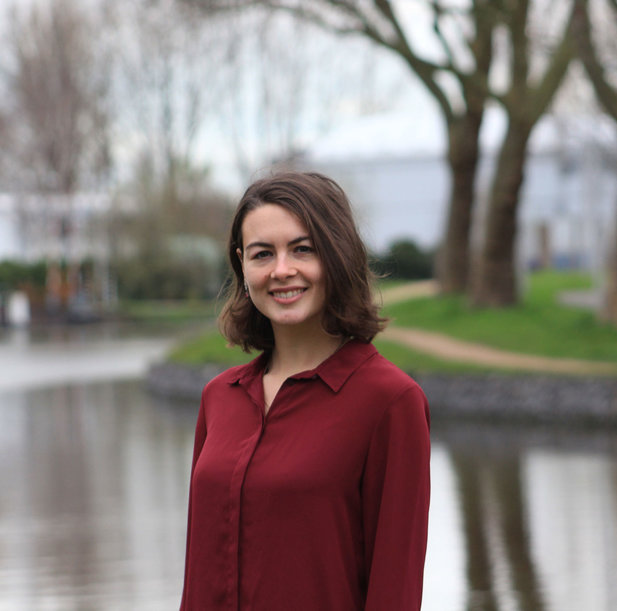
Mathilde Janssens
My start at the ME faculty was when I entered the pre-master for Mechanical Engineering, after finishing my bachelors degree in Industrial Design Engineering. I came to ME because I wanted to design systems that are large-scale, complex and engineering-focused. I chose the MME track, which not only offered me exactly that, but also sparked my interest in new fields.
The first year offers a wide variety of courses, broadening your knowledge from designing large scale machinery to mathematical models for logistic optimization. A fair share of the courses has an innovative aspect to it, meaning there is a focus towards intelligence using sensors, feedback loops and/or algorithms. This opened up a new research area for me, and I wanted to make use of that when choosing my electives. I took the opportunity to follow courses in smart transport, control theory and intelligent railway systems. This prepared me for my second year, in which I wanted to do research in the field that triggered me the most: intelligent transport.
From my point of view, intelligent transport is any form of transportation that is made more efficient, sustainable or safe using sensors, data and mathematical models. In my second year I got the opportunity to increase my knowledge in this field, by doing a research assignment and a thesis. In my research assignment, I developed a controller for autonomous vessels, designed to take the most energy-efficient route in a canal. My thesis was focused on railway systems. I formulated a completely new mathematical model to predict railway conflicts and use that information to minimize the total delay in a railway network. In both these assignments, data is collected from a transportation environment in real time, and then used to make a decision for the transport system to function optimally.
Currently I am working for an engineering software company, doing projects in smart and innovative transport. A field that MME helped me to discover, where my academic knowledge is still useful everyday. But not only that, it’s also the general knowledge a master at TU Delft gives you. Think about working together, managing your own project and great analytical skills. I am confident I will have the benefits of this degree for the rest of my life.
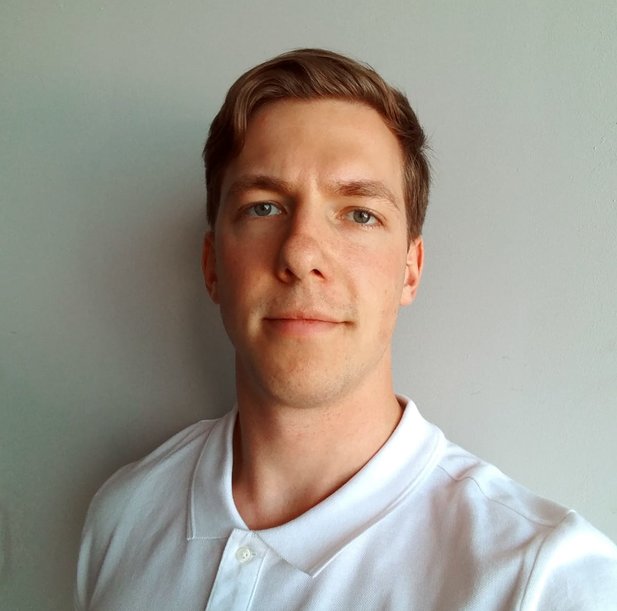
Marcel van Benten
During my bachelor’s Mechanical Engineering at the TU Delft, I was fascinated by real-world problems, hence the choice for Multi-Machine Engineering was quite simple. The program teaches you new and innovative techniques and methods, allowing you to understand, analyse, and solve a variety of real-world problems from both a scientific as a practical point of view.
The first year of the program offers courses related to the three pillars of the MME: Mechanical Design, Operations & Maintenance, and Interactions & Logistics. For instance, you could design a crane using Finite Element Method, optimise vehicle routing problems with Gurobi, simulate the public transport network of a city with Salabim, develop a model predictive controller for a container crane, or simulate granular materials and powders using Discrete Element Method. Of course, before presenting a design, model, or simulation, the underlying physics and mathematics need to be understood. Especially the balance of the courses, between gaining knowledge and directly applying this, allowing you to directly visualise what you learn, I appreciate most, and is important when becoming an engineer.
The second year is all up to you, as you are free to choose the topics of your Literature Assignment, Research Assignment, and Graduation Project. On top of that, you can choose to do your Research Assignment as a Joint Interdisciplinary Project, where you will work in an interdisciplinary team of students together with a partner from industry, solving a practical problem or exploring an innovative idea. For example, I worked together with two electrical engineers, an aerospace engineer, and a mechanical engineer to design a magnetic bearing for a gyroscope of a small satellite. I can really recommend this experience, as working with students from other faculties will lead to new insights, and you get a glimpse of a possible career in industry.
For my graduation project, I designed a modular control architecture for marine vessels, such that batteries in the power plant can be added, replaced, or removed more easily. I genuinely enjoyed applying the knowledge, methods, and tools I acquired through the program of MME to solve a challenging and innovative problem. In fact, I liked this so much that I am now doing a PhD here at the TU Delft, contributing to a new future with hydrogen-fuelled marine vessels.
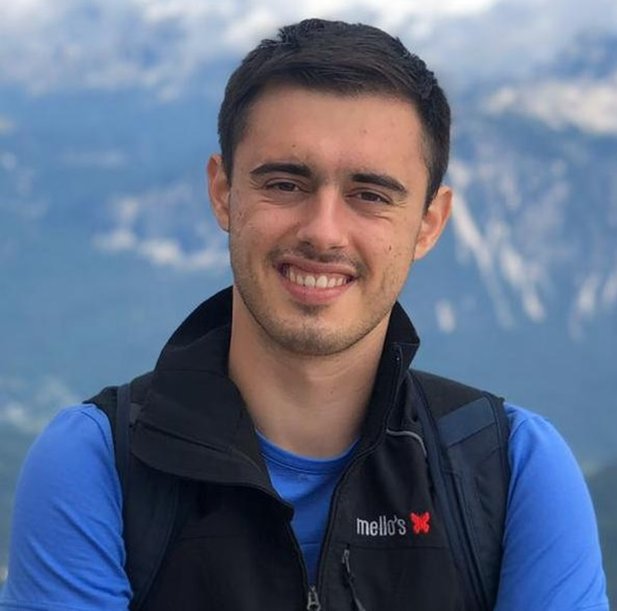
Federico Dell'Orto
As a Bachelor Mechanical Engineering graduate at Politecnico di Milano (Italy), I was looking for a Master program that could allow me to apply the knowledge I had gained in the past years on practical projects, and work in an international environment, where I could develop my soft skills and become more ready to enter the job world.
By choosing the Multi-Machine Engineering track, I earned much more than that.
During the first year, I explored new subjects and innovative technologies, and acquired much interest in fields that I was not even aware of. I had the opportunity not only to challenge myself in practical mechanical designs, but also to improve my coding skills, with problems on simulation and optimization.
If you are interested in logistics and transportation, this program allows you to acquire competencies not only focused on the current state-of-the-art, but also on future solutions, spacing from autonomous coordination between smart vehicles to Industry 4.0 technologies, such as Artificial Intelligence and Machine Learning.
As an international student, I experienced a very different approach in education, not just focused on theoretical knowledge, but pushing you to develop an entrepreneurial mindset and success with your own ideas.
In these two years, you will conduct several projects in a team. This was a key factor in my learning process, because by exchanging ideas with people with different backgrounds and cultures, you get to embrace different perspectives and expand your horizon.
Finally, TU Delft is truly a world of opportunities. Whether you want to undertake a project in a company, gain an experience abroad, be part of a Dream Team, or participate in an interdisciplinary project on a topic you are passionate about, you will be able to shape your own path inside this university.
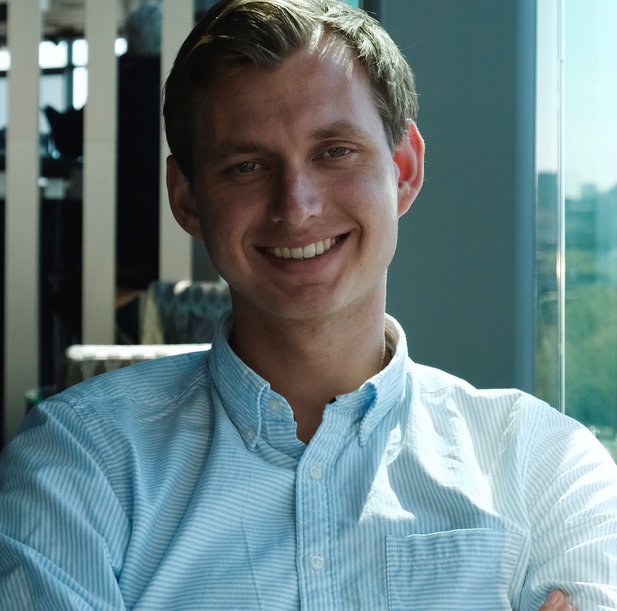
Arjan Braemer
The reason for me to choose the track as a master’s specialization was the presence of the transportation theme. To me, transportation appear in the track in twofold:
1. In a theoretical way. In the course Quantitative Methods of Logistics, I had my first introduction to the mathematical modelling of logistic problems. I learned how logistics can be turned into an exact science by solving optimization problems.
2. In a very practical way. Several courses within the track require the students to think of practical implications of designs. Will the design I propose work as expected? One of the courses involve modelling a complete crane in Finite Element Software, a typical real-world assignment in which only theoretical knowledge is not sufficient.
Precisely this combination makes the track the right choice for me. Combining a scientific view with the real-world implications in designing and evaluating (transportation) systems.
In the second year of the track, students obtain the freedom to choose a subject in the field of transportation for a literature, a research and a graduation assignment. I wanted my subjects to have both a scientific side and a practical side. My subjects ranged from connecting autonomous transportation vehicles to the Physical Internet, to the coordinated control of a vessel (real-world testing in a laboratory), to the writing of an algorithm to solve a logistic problem. I think this range of subjects show the diversity that the track offers and the intersection between a scientific challenge and practical implications.
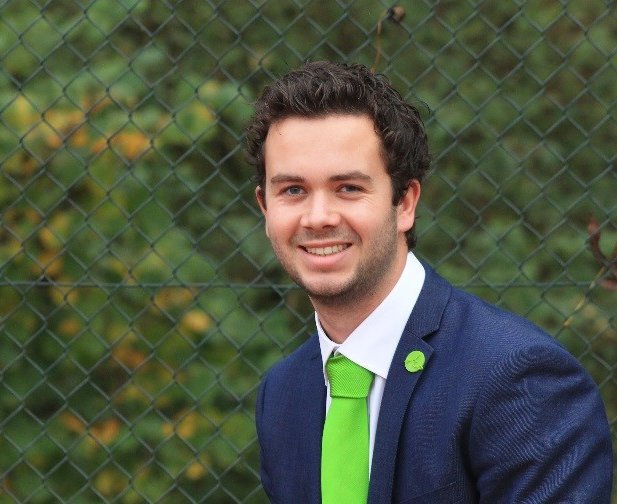
Jorben Sprong
After completing the bachelor Mechanical Engineering at the TU Delft I was looking for a more ‘hands-on’ approach to engineering problems. I feel the track multi-machine engineering makes the connection between theoretical problems and real-world challenges very well. The courses are not only focused on designing and maintaining safe and reliable systems, but also focus on analyzing, simulating and optimizing processes and supply chains. I feel this accommodates you to explain your view on complex engineering problems and create support for them throughout companies and society.
During the second year of my master I got the opportunity to do my research assignment at the University of Seville in Seville, Spain. This three months I focused on the optimization of the supply chain of meat, which, as you all know, is a product that spoils very fast. For this reason it is very important to control the temperatures at which the meat is being transported throughout the supply chain. The first year of the master provided me the tools to analyze and simulate the movements of meat throughout this supply chain and write a paper about how important it is to keep the meat cooled at low temperatures during transport. Moreover, I had an unforgettable time at the University in Seville where I got to work together with all types of experts in the field of Systems and Control, which is very closely related to the optimization of supply chains.
After this research I got to explore a totally different part of the master multi-machine engineering as I will do a graduation project focused on predictive maintenance for aircraft. ”